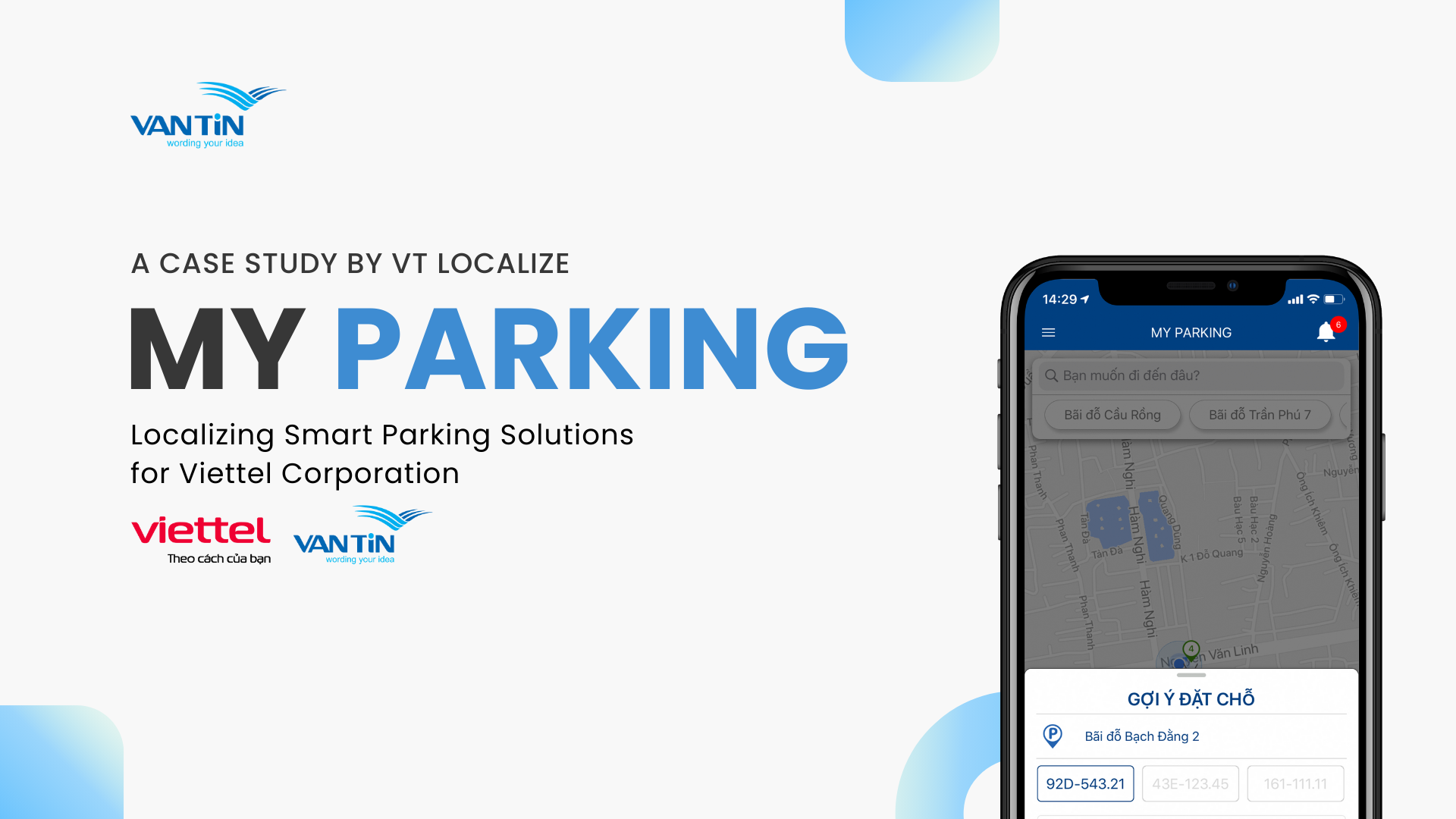Localization is the process of adapting content and services to suit the linguistic, cultural, and functional requirements of a specific target audience. It involves translating and customizing various elements, such as language, date and time formats, currency symbols, and cultural references, to ensure a seamless user experience.
Privacy and security are fundamental considerations that must be addressed during the localization process to protect user data and maintain confidentiality.
Privacy is a fundamental human right, and safeguarding personal information is paramount in localization. When users interact with localized platforms or applications, they often provide sensitive data like names, addresses, and payment details. Adhering to robust privacy practices helps ensure that this information remains confidential and is not misused or compromised.

Privacy concerns when working with a translation organization
One of the primary concerns when working with a translation organization is the privacy of sensitive information. Localization often involves the translation of confidential documents such as legal agreements, financial reports, and medical records. As such, it is essential to ensure that this information is handled securely and that access is restricted to authorized personnel.
Furthermore, the use of machine translation technology may raise concerns about data privacy. Machine translation involves the use of algorithms to translate text automatically. However, this technology may not be suitable for confidential or sensitive documents, as it may be prone to errors that could result in the disclosure of confidential information.
Security concerns when working with a translation organization
Another concern when working with a translation organization is the security of information during the localization process. As translation involves the transfer of information between different systems and personnel, it is important to ensure that data is encrypted during transfer and stored securely.
Additionally, access to sensitive information should be restricted to authorized personnel, and regular security audits should be conducted to identify and address potential vulnerabilities.

Solutions for maintaining privacy and security in localization with a translation organization
To address privacy and security concerns when working with a translation organization, there are several solutions that can be implemented.
Firstly, businesses should ensure that they have a clear understanding of the translation organization’s data handling practices and any security certifications or standards that they adhere to. It is also recommended to work with a translation organization that uses human translators for confidential documents, rather than relying solely on machine translation technology.
Additionally, businesses should implement access controls and encryption to protect sensitive information during transfer and storage. This can involve the use of secure file transfer protocols, two-factor authentication, and encryption of sensitive files.
Translation and localization service is an essential process for businesses that want to expand their global reach. However, it is important to consider the privacy and security implications of working with a translation organization. By implementing best practices for data privacy and security, businesses can ensure that confidential information remains protected throughout the localization process. Ultimately, working with a translation organization that prioritizes privacy and security like Vạn Tín will help to build trust with customers and partners, and ensure that localization is carried out in a responsible and ethical manner.




